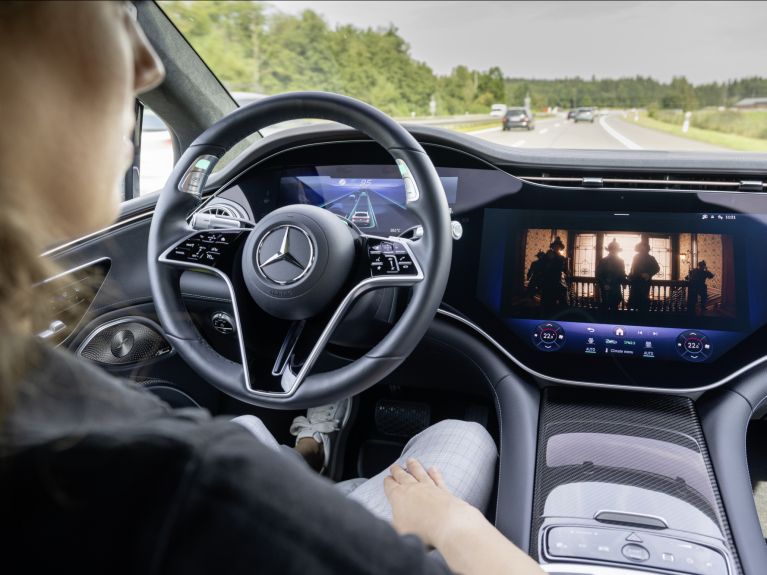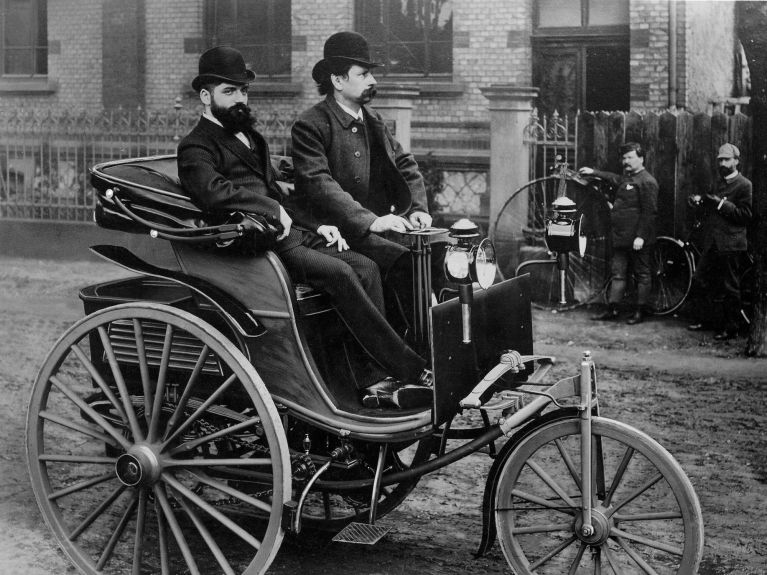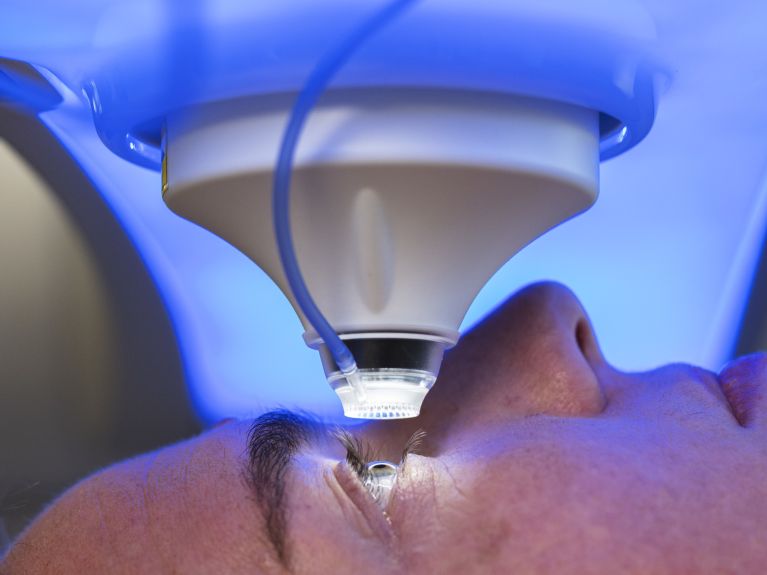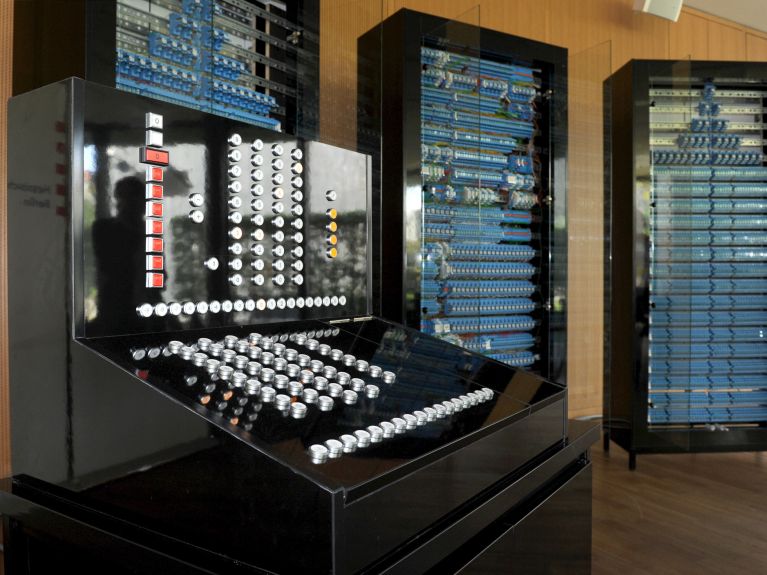Ten German inventions that change the world
Germany has produced numerous innovations. We present a number of the most exciting ideas in the fields of mobility, technology and medicine.

It’s all about cars
Romeo and Juliet, Beauty and the Beast, Germany and the automobile: this love story began in 1886 when Carl Benz applied for a patent for his “vehicle powered by a gas engine”. Another German invention: the airbag. In 1981, Daimler-Benz began mass-producing airbags. To this day, the Stuttgart-based car manufacturer thrives thanks to its innovative capacity: with its Drive Pilot system, Mercedes-Benz claims to have achieved the highest approved level of automated driving in the world.

Vaccines and vision
During the coronavirus pandemic, Mainz-based firm Biontech developed an mRNA vaccine – the first vaccine against Covid-19 to be approved by the WHO. Further research into mRNA technologies - for treating cancer, for instance - is now building on this success story.
German ideas for clarity of vision: The designer Heinrich Wöhlk disliked his “extremely ugly” metal-rimmed glasses and, after years of research in the 1940s, invented the contact lens.

In the 21st century, researchers came up with a solution to correct defective vision that didn’t require any visual aids at all: minimally invasive laser eye surgery. Developed by the German company Zeiss, this technique involving ultraviolet light, that is to say extremely short wavelengths, set the standard worldwide: to this day, over twelve million eyes have been treated in more than 80 countries.
Increased computing power

In 1941, Konrad Zuse invented the world’s first computer – the Z3, a program-controlled computing machine. This freely programmable computer was the size of a large cupboard - today’s supercomputer “Jupiter” is even bigger. Covering an area of nearly 3,600 square metres, Europe’s fastest computerhas been in place at research institute Forschungszentrum Jülich since September 2025.
Gummy bears and biomass

In 1922, German confectioner Hans Riegel invented a sweet that has achieved nothing short of cult status: the gummy bear. What began in a backyard washhouse in Bonnended up as an impressive success story: nowadays, Haribo gummy bears are sold in over 120 countries worldwide.
Around 100 years later, the Hamburg start-up Traceless had a good idea for how to revolutionise the plastics industry: a material made of biomass that can replace plastic. To this end, the start-up developed a biodegradable granulate made from agricultural plant residues.


